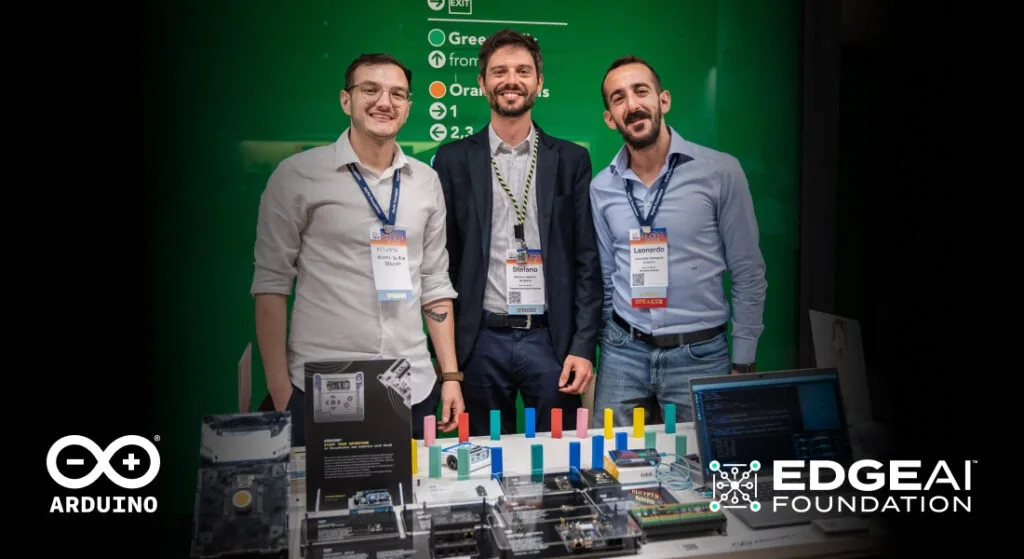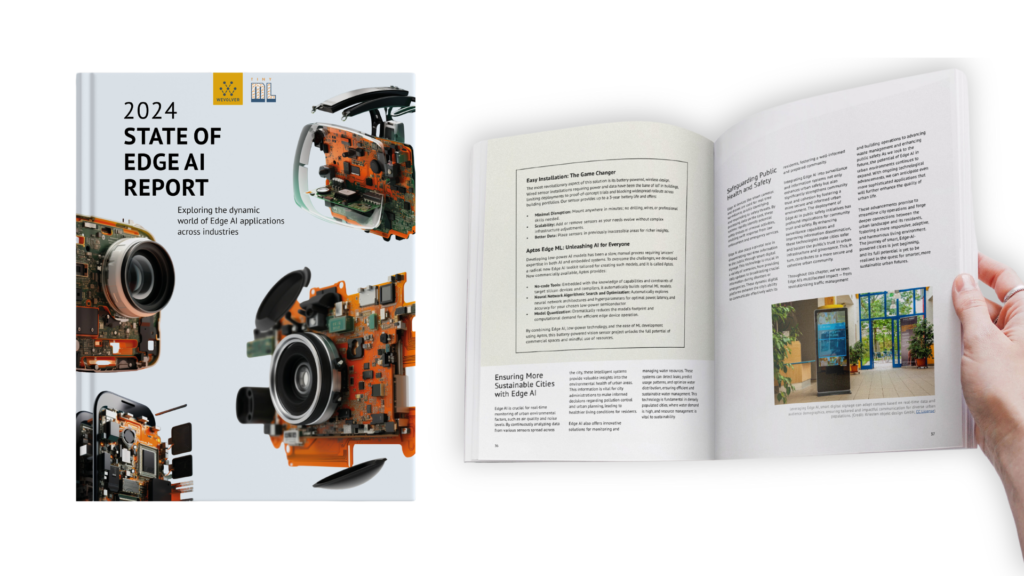Schlagwort: Edge AI
-

Find your way to AI with Arduino, at the EDGE AI FOUNDATION’s event in Milan
Reading Time: 2 minutesWe’re heading to Milan! On July 2nd-4th, Arduino will be taking part in the EDGE AI FOUNDATION’s annual European event – a three-day gathering dedicated to exploring the future of artificial intelligence at the edge. With a mix of inspiring keynotes, hands-on workshops, product demos, and networking opportunities, this event brings together…
-

Discover #Virgil: history comes to life with Arduino
Reading Time: 2 minutesWe’re excited to introduce #Virgil, an innovative project that combines the power of Arduino technology with a passion for history, creating a groundbreaking interactive experience for museums. Using Arduino’s versatile and scalable ecosystem, #Virgil operates completely offline, allowing visitors to interact with 3D avatars in a seamless and immersive way. The project…


